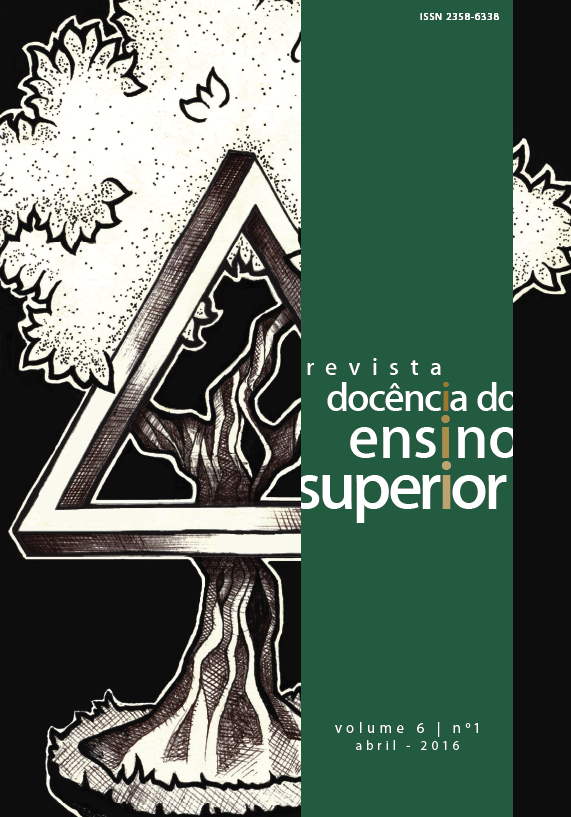Challenges of teaching practices in higher education
a discussion based on the Education undergraduate course at UFT/campus Tocantinópolis
DOI:
https://doi.org/10.35699/2237-5864.2016.2057Keywords:
Teaching, Higher education, Teacher trainingAbstract
Starting from the investigation of some data from the Exame Nacional de Desempenho dos Estudantes (ENADE) [National Assessment of Student Achievement], as well as the completion, dropout and retention rates in the Education undergraduate program, campus Tocantinópolis, we reflect on the challenges of teaching practices, considering their responsibility, their limitations and opportunities. It is an exploratory study, carried out in three phases: the survey on the performance of students in ENADE; the description of undergraduate students today; and the presentation of the challenges of teaching practices in higher education. The study made us believe that there is a real student, with difficulties, expectations and possibilities, who has not yet been fully understood by the teaching practices, contents and languages adopted in higher education. We cannot ignore the challenges of higher education teaching and that the learning process does not fit into ready-made formulas. Finally, we understand that the theories of education, pedagogy and teaching must enter the higher education agenda.
Downloads
Published
Issue
Section
License
Authors who publish in this journal retain the copyright and grant the journal the right of first publication, with the work simultaneously licensed under the Creative Commons Attribution License which allows the sharing of work with acknowledgment of authorship and initial publication in this journal.
Authors are authorized to take additional contracts separately, for non-exclusive distribution of the version of the work published in this journal (e.g. publish in institutional repository or as a book chapter), with acknowledgment of authorship and initial publication in this journal.
Open access policy:
Revista Docência do Ensino Superior is an Open Access journal, which means that all content is available free of charge, at no cost to the user or their institution. Users may read, download, copy, distribute, print, search, or link to the full texts of the articles, or use them for any other legal purpose, without seeking prior permission from the publisher or author, provided they respect the license to use the Creative Commons used by the journal. This definition of open access is in line with the Budapest Open Access Initiative (BOAI).

























